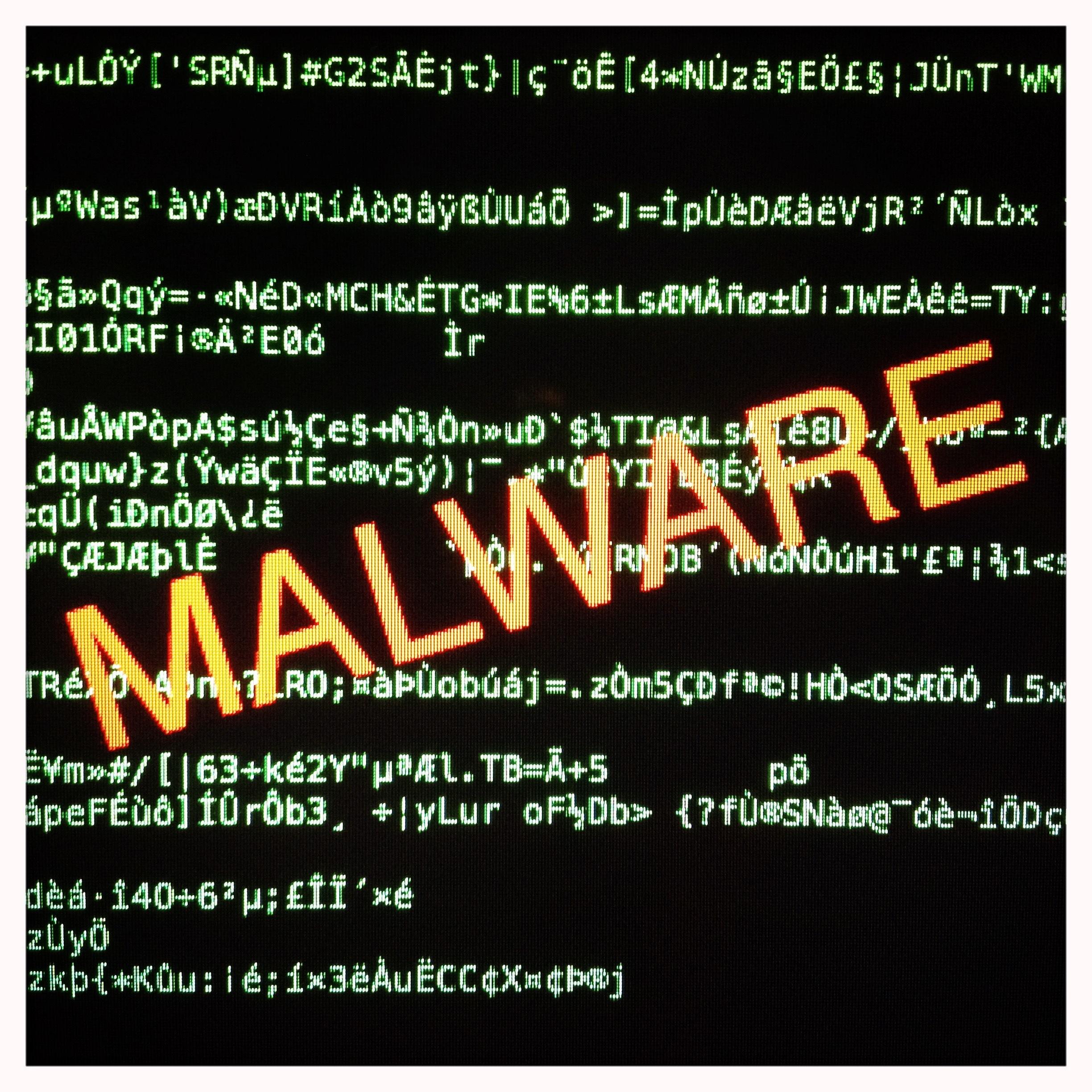Truebot Malware Variants Abound, According to CISA Advisory
An advisory from the Cybersecurity and Infrastructure Security Agency (CISA), several US organizations, and the Canadian Center for Cyber Security (CCCS) warns of Truebot malware variants that are increasingly being utilized by threat actors against various organizations in the US and Canada.
Truebot, alternatively known as Silence.Downloader, is a botnet used by malicious cybergroups such as Cl0p ransomware cybergang to gather information from the victims they target. Older variants of Truebot were mainly distributed by threat actors by phishing email attacks in the form of malicious attachments. Newer versions of the malware allow these threat actors to gain initial access by exploiting a remote code execution (RCE) vulnerability in Netwrix Auditor — otherwise listed as CVE-2022-31199.
Cyber-threat actors are also using phishing campaigns with malicious hyperlinks to deliver their Truebot variants. The agencies urge those searching for this kind of malicious activity to apply vendor patches to the 10.5 version of Netwrix Auditor and to use the outlined guidance in the joint advisory.
“Any organization identifying indicators of compromise (IOCs) within their environment should urgently apply the incident responses and mitigation measures detailed in this CSA and report the intrusion to CISA or the FBI,” the organizations stated.


